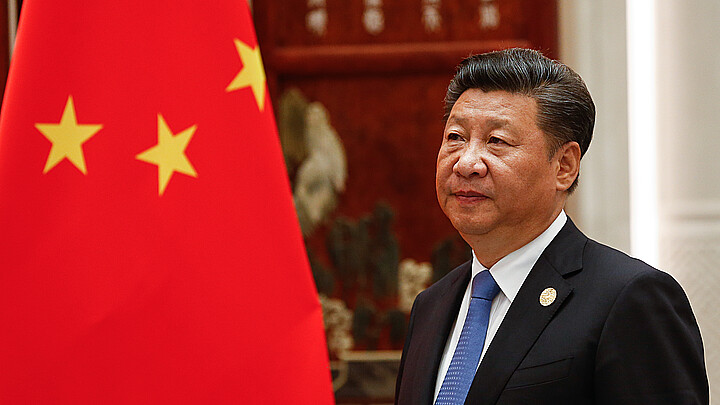Business
Latinos hurt by inflation, are being left behind
Israel Ortega, a spokesman for the Libre Initiative, told ADN America, “Hispanics are increasingly unable to save and invest and spend in things they would like to buy into, like buying a home or starting a small business.”
April 18, 2022 9:10am
Updated: April 18, 2022 7:45pm
Policymakers attempting to curb the impact of inflation on American families have overlooked the unique struggles of Latinos, say experts.
“Absolutely, Hispanics and Latinos are more significantly disproportionately negatively impacted by inflation,” Israel Ortega, a spokesman for the Libre Initiative, said in an exclusive telephone interview with ADN America.
“A study by Bank of America from 2021 found that people of color in the U.S. and low-income households, especially black and Latino families, usually spend more of their income on staples that are prone to price increases, like food and gas,” Ortega explained. "So what we’re seeing now is negatively impacting Latinos. It is why they have cited inflation as the most important issue.”
Ortega's assertions are confirmed by a recent Wall Street Journal poll, that last month found that 35% of Black, Hispanic, Asian and other non-white voters said that inflation and the high prices of goods were a major financial strain, compared to just 28% of white voters.
Within those groups, Hispanic men and Black women were mostly likely to report inflation was a source of major financial strain at 44% each.
“Long term, Hispanics are increasingly unable to save and invest and spend in things they would like to buy into, like buying a home or starting a small business,” said Ortega. “Because of inflation, Hispanics have less and less disposable income to save and invest. This is very worrisome for the overall health of the Hispanic community in the U.S.”
Ortega’s organization, the Libre Initiative, which works to engage and inform the U.S. Hispanic community on the benefits of a free and open society is now launching what it calls the True Cost Campaign, a program designed to educate both Hispanic Americans and non-Hispanic Americans alike about which policies from Washington that are contributing to rising inflation.
“We want to provide lawmakers with a blueprint of how we can reverse some of these trends,” Ortega explained. “A lot of that is centered on first stopping excessive spending, but we are also looking at regulations and other factors that are contributing to the cost of everyday goods when we go to the grocery store and fill our cars at the pump.”
In a recent Fresno Bee opinion piece penned by Silvia R. Gonzalez, director of research at the UCLA Latino Policy & Politics Initiative, she examined research focused on the recent effect of inflation on undocumented Latino immigrants.
“Mixed-status families and other individuals facing restrictions in accessing government support have been uniquely impacted by the pandemic because they are consistently left behind when relief strategies are created,” she wrote.
For example, the unemployment rate for undocumented workers reached 29% and undocumented workers lost almost 25% of their income at the height of the COVID-19 pandemic (May 2020). Unemployment for Latinos at the same time was at 22%.
Undocumented workers were also most likely to work in sectors where work cannot be done remotely. 78.3% of undocumented were employed in sectors deemed essential by the Dept. of Homeland Security, compared to 73.3% of Hispanics.
Gonzalez also cited research showing that low-income families spend a higher share of their income on gas. The bottom 20% of households by income spent 18% of income, compared to just 2% of income by the top 20%.
Studies from the corporate banking center have also found that Hispanic millennials are facing growing economic hardships.
In April 2021, a Bank of America study found that 72% of Hispanic millennials were burdened with providing financial support to their families, far more than non-Hispanic millennials only had to pay 53%. The report also found that nearly half of Hispanics polled had saved less than $1,000, and that less than 40% of Hispanic millennials did not have an emergency fund.
“Inflation is absolutely the consequence of lawmakers,” Ortega said, attributing the problem to what he called, “excessive spending,” adding that both the current and prior administrations bare responsibility. “The fact that Hispanics can’t save and invest more of our hard earned money is one of the tragedies of the inflation that we’re facing as a country,” he said.










